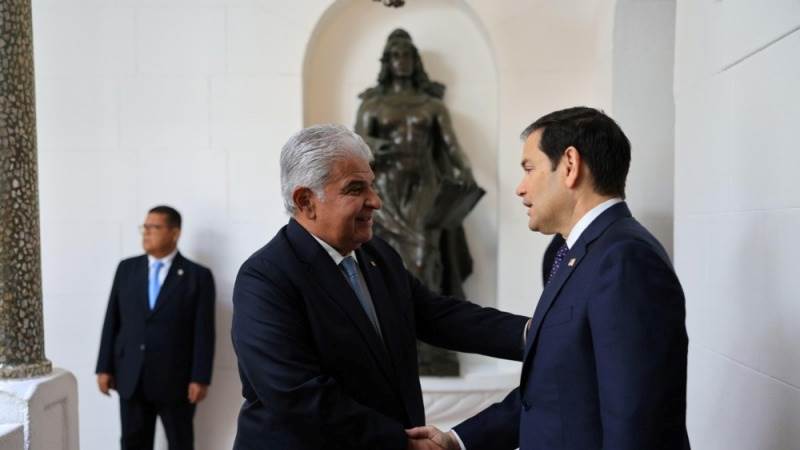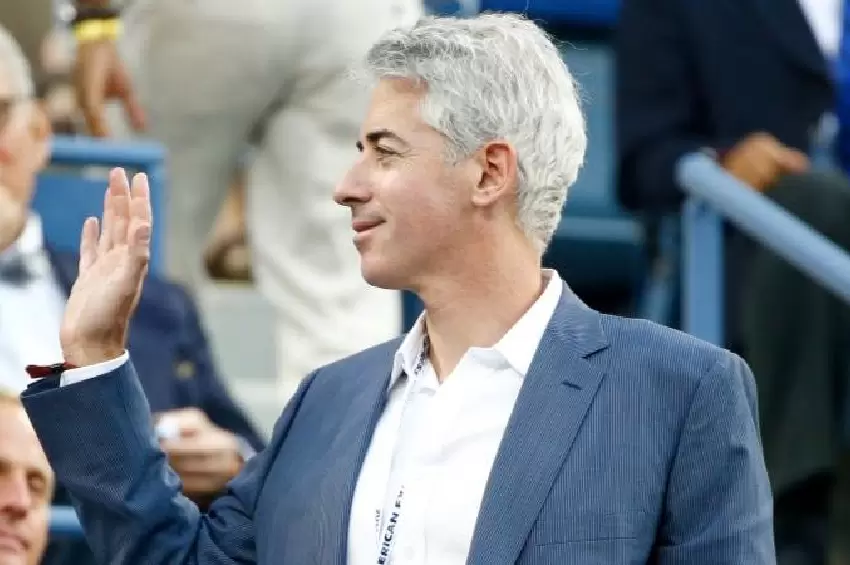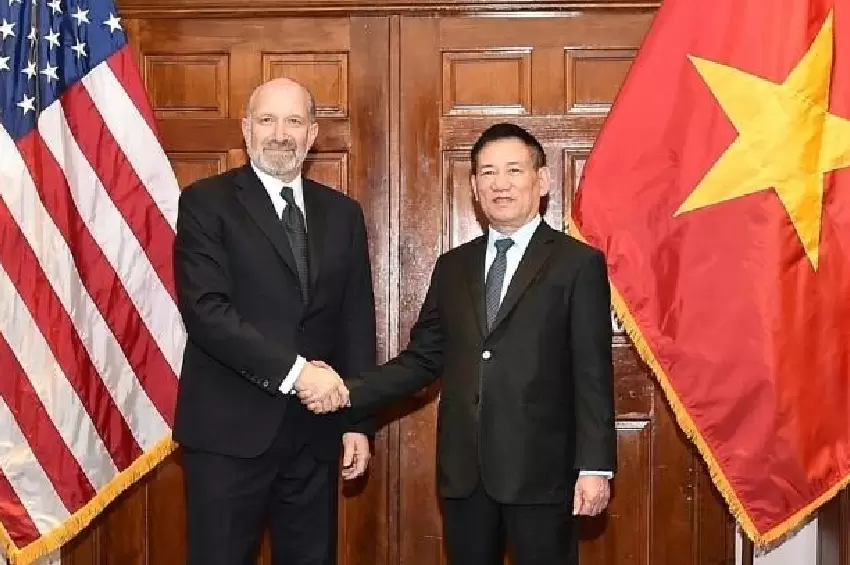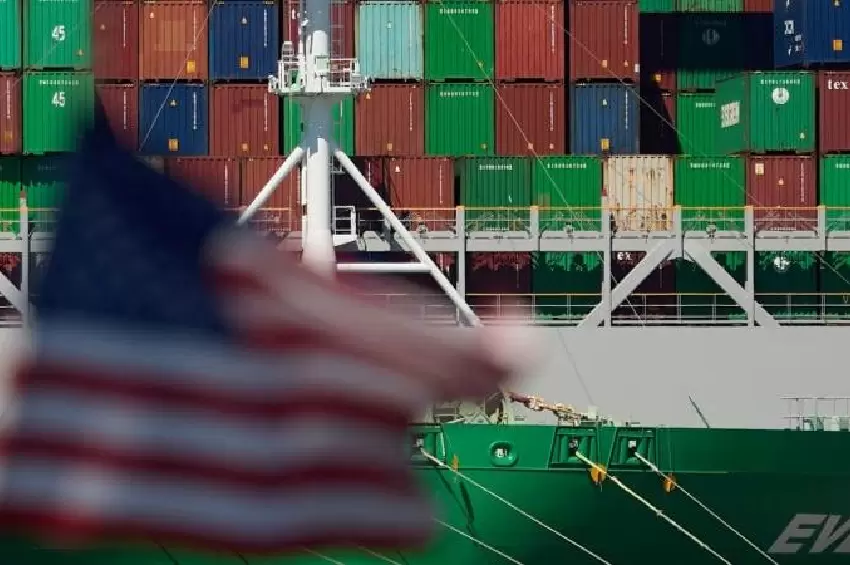Panama's Strategic Shift Away from China
In a significant move, Panamanian President Jose Raul Mulino declared on Sunday that Panama will not extend its Belt and Road Initiative (BRI) agreement with China. This decision was reached after crucial discussions with U.S. Secretary of State Marco Rubio, focusing on Panama's sovereignty, security, and economic ties with the United States.

U.S. Concerns Over Chinese Influence
The U.S. State Department revealed that Rubio conveyed President Donald Trump's apprehensions regarding China's growing influence over the Panama Canal, which might contravene the Treaty Concerning the Permanent Neutrality and Operation of the Panama Canal. Rubio indicated that the U.S. is prepared to safeguard its treaty rights through necessary actions if the situation does not improve.
Panama Stands Firm on Canal Control
President Mulino, however, reassured that Panama's authority over the canal is absolute and not subject to negotiation, downplaying the fears of Chinese dominance. He also mentioned an ongoing audit of two ports operated by Chinese firms, suggesting that future decisions may be influenced by its outcomes.
Strengthening U.S.-Panama Relations
In addition to these discussions, both leaders agreed to enhance collaboration on regional security, combat illegal migration across the Darien Gap, and increase investment opportunities for U.S. businesses in Panama.









Comments